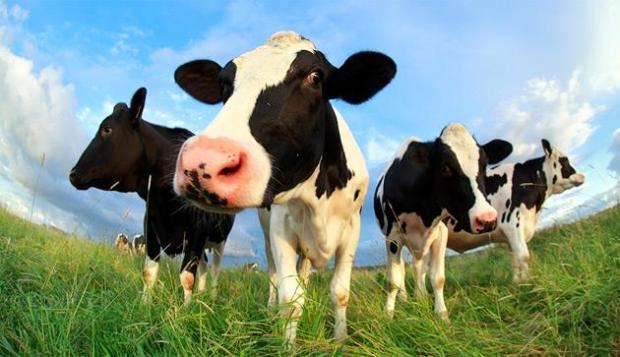Friesland Campina
Find out about the MBTI tool’s ability to champion diversity
FrieslandCampina is one of the largest dairy companies in the world, providing millions of consumers daily with brands such as Optimel and Yazoo. The company has 22,000 employees in 32 countries, and an annual turnover of €11.3 billion. Serving B2C and B2B markets, and using a market- and supply-driven approach, its structure is complex.

In March 2015, the MBTI assessment became FrieslandCampina’s team development tool of choice and was integrated into the company’s leadership development programmes. Crucially, the target for 75% of management positions to be filled with internal candidates has been met, supported by the enhanced self-awareness that enables individuals and teams to work at their best. The instrument is also at times applied to specific areas such as coaching and conflict. Up to two hundred teams are now working with the MBTI framework, including Executive Board members, and there is a great enthusiasm for the tool. Even van der Lee was taken aback by the enormous demand for the MBTI assessment, which he estimates to be three times greater than they had anticipated.
Additionally, FrieslandCampina have found benefit in the MBTI tool’s ability to champion diversity. Its approach highlights personal differences in a positive light rather than pointing out weaknesses. The company believes that diversity is fundamental to its culture and achievements. They are also convinced that the success of their business is due to the interaction, attitude and effectiveness of its teams, all tied together by the common language of the MBTI framework.
Leadership is human interaction
Van der Lee emphasises that MBTI is also an important diversity tool. ‘MBTI identifies different Types, and FrieslandCampina explicitly states that diversity is a good thing, providing that you strive to reap the benefits of diversity. We contend that there is no perfect profile, and that the very diversity of profiles is fundamental in our company. I don’t know if it is scientifically grounded, but I am convinced that the best things are achieved with a diversity of people.’ Perhaps, here Van der Lee expresses his deepest conviction: ‘Leadership is what happens between people.’ That is why FrieslandCampina is more devoted to team attitude and effectiveness than to individual development. ‘If we are successful with our strategy it is not because our CEO is a hero, but because of the interaction between all people who work here, that is the deciding factor!’
I think the distinguishing feature of the MBTI is that it is straightforward enough to be used quickly but complicated enough to avoid stigmatizing. It is not too easy, nor is it too difficult.
Willem van der Lee, Director Global Talent & Leadership Development.